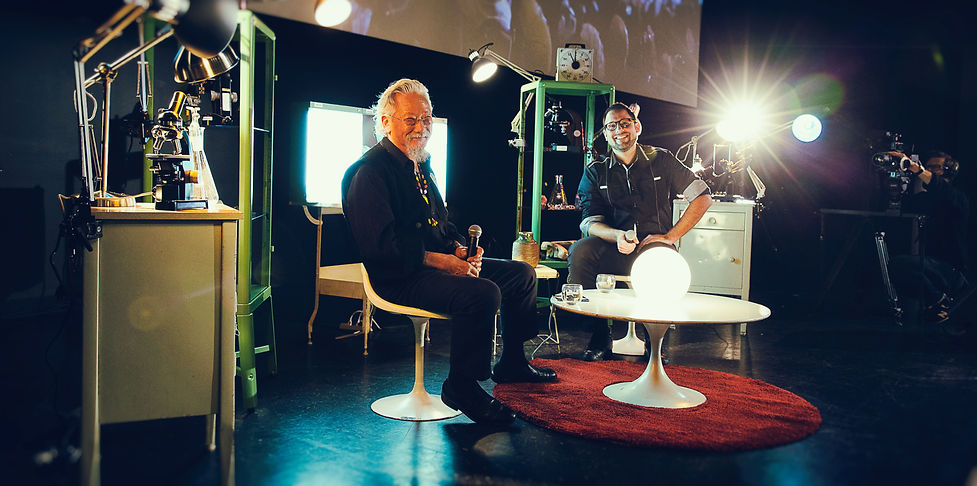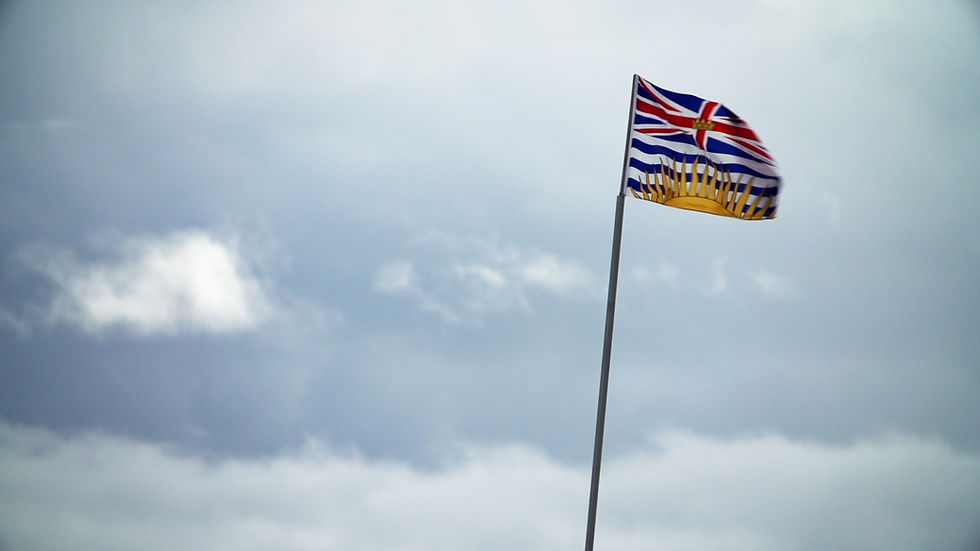IAN MAURO
DIRECTOR
Executive Director of the Pacific Institute for Climate Solutions
Professor and Filmmaker, Environmental Studies, University of Victoria
Dr. Mauro is the Executive Director of the Pacific Institute for Climate Solutions and a Professor at the University of Victoria. He is a former Canada Research Chair, a Fellow of the Royal Society of Canada’s College of New Scholars, Artists and Scientists, and has served on expert panels related to food security, energy issues, and climate change.
Mauro is a pioneer of multi-media methodologies, scholarship and education. He holds a BSc in Environmental Science, PhD in Geography, and Postdoc in Ethnoecology. His work focuses on climate change, food security, industrial development and strategies to build vibrant, resilient, low carbon communities across scales.
He uses participatory video to collect, communicate and conserve local and indigenous knowledge, an approach that allows people who live on the land to tell their own stories, in their own language, within the landscapes where their knowledge has been generated. He was awarded an “Apple Distinguished Educator” award for his approach.
In 2010, he co-directed Qapirangajuq: Inuit Knowledge and Climate Change - the world’s first Inuktitut language film on this topic - with acclaimed Inuk filmmaker Zacharias Kunuk (Atanarjuat The Fast Runner). Inuit Knowledge and Climate Change has been screened globally. Qapirangajuq is viewed by many as setting a new standard for participatory visual research with Indigenous communities.
Following this, Mauro directed Climate Change in Atlantic Canada, which he toured across Canada with David Suzuki between 2013-2014. The tour engaged thousands of Canadians with screenings in Halifax, St. John’s, Charlottetown, Moncton, Edmonton, Calgary and Vancouver. This film has been featured in numerous festivals and museums, most notably the Carbon 14 exhibition at the Royal Ontario Museum.
Mauro then launched Beyond Climate, which was shot across British Columbia between 2014-2017. As part of the participatory filmmaking process, Drs. Suzuki and Mauro toured throughout coastal BC on a “Listening Tour” that engaged citizens, and these insights combined with additional interviews contributed to the final film
These films represent the world’s first climate change trilogy, combining social sciences, environmental sciences and digital media production – to tell the story of how Canadians are affected by and responding to climate change regionally and nationally. Many of these projects are represented in the Climate Atlas of Canada, a project Mauro led with colleagues at the Prairie Climate Centre at the University of Winnipeg, which is available here: www.climateatlas.ca
Mauro is a frequent media commentator and his work has been featured in academic conferences, museums, film festivals and news media around the world, including: the United Nations, Smithsonian Institution, National Geographic, Royal Ontario Museum, ImagineNative Film and Media Arts Festival, Berlin International Film Festival, The Globe and Mail, Canadian Geographic, CBC’s The National, CBC’s The Current, as well as This American Life.
DAVID SUZUKI
NARRATOR
Scientist, Broadcaster, Author and Activist
Dr. Suzuki is a world-renowned scientist, broadcaster, author, activist and co-founder of the David Suzuki Foundation. He is best known as the host of The Nature of Things – a landmark television series with over 50 seasons, the longest running on CBC – and Suzuki has been host since 1979. David has written or co-authored more than 50 books, nearly 20 of which are for children.
After gaining his PhD in Zoology from the University of Chicago in 1961, Suzuki gained worldwide recognition for his research on the linkages between genetics and temperature sensitivity in fruit flies and spent nearly 40 years in the genetics department at UBC where he is now Professor Emeritus. His academic career is full of honours and awards, notably The Right Livelihood Award, considered the “alternative Nobel Peace Prize”, the Order of Canada, the Order of British Columbia, as well as 28 honorary doctorates from universities in Canada, Australia and the US.
He ventured into broadcasting in 1971, first with Suzuki on Science, and then creating and hosting Quirks and Quarks in 1975. Suzuki believed that engaging citizens in science would inform better policy, enriching Canadian society and the environment. He has written, produced and hosted numerous television and radio programs for adults and children alike including The Silent Forest, The Sacred Balance, The Brain: The Universe Within, The Secret of Life, A Planet for the Taking (8 part series), It’s a Matter of Survival and Amazing Journey: Children Sing to the Beat of the Earth. He has received numerous electronic media awards including The Guardian Observer Green Power List – David Suzuki # 1 (2011); Vancouver International Film Festival Audience Award for Force of Nature film (2010); Induction into the Canadian Film and Television Hall of Fame (2010); Banff Mountain Film Festival, Inaugural David Suzuki Film Award (2007) and many others. Suzuki has been honoured with eight names and formal adoption by two First Nations.
Now, in his 80s, Suzuki is undeniably one of Canada’s most prominent and influential Canadians, and is indeed an elder in his own right. Throughout his career, he has pushed the boundaries of how science operates in society, and has always had his eye on creating a healthy future for all species. His dedication and commitment to the earth, society and media is recognized nationally and internationally.


PRODUCTION